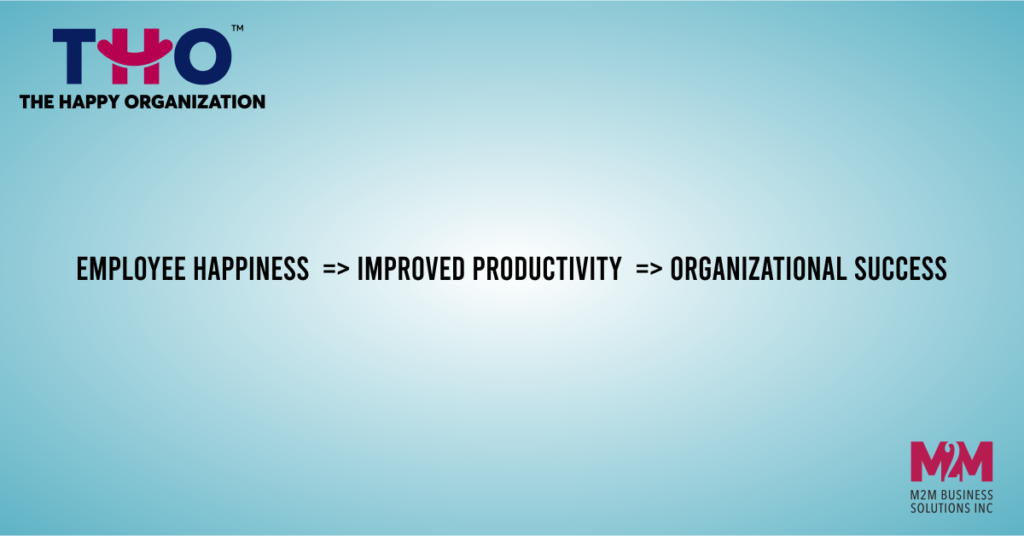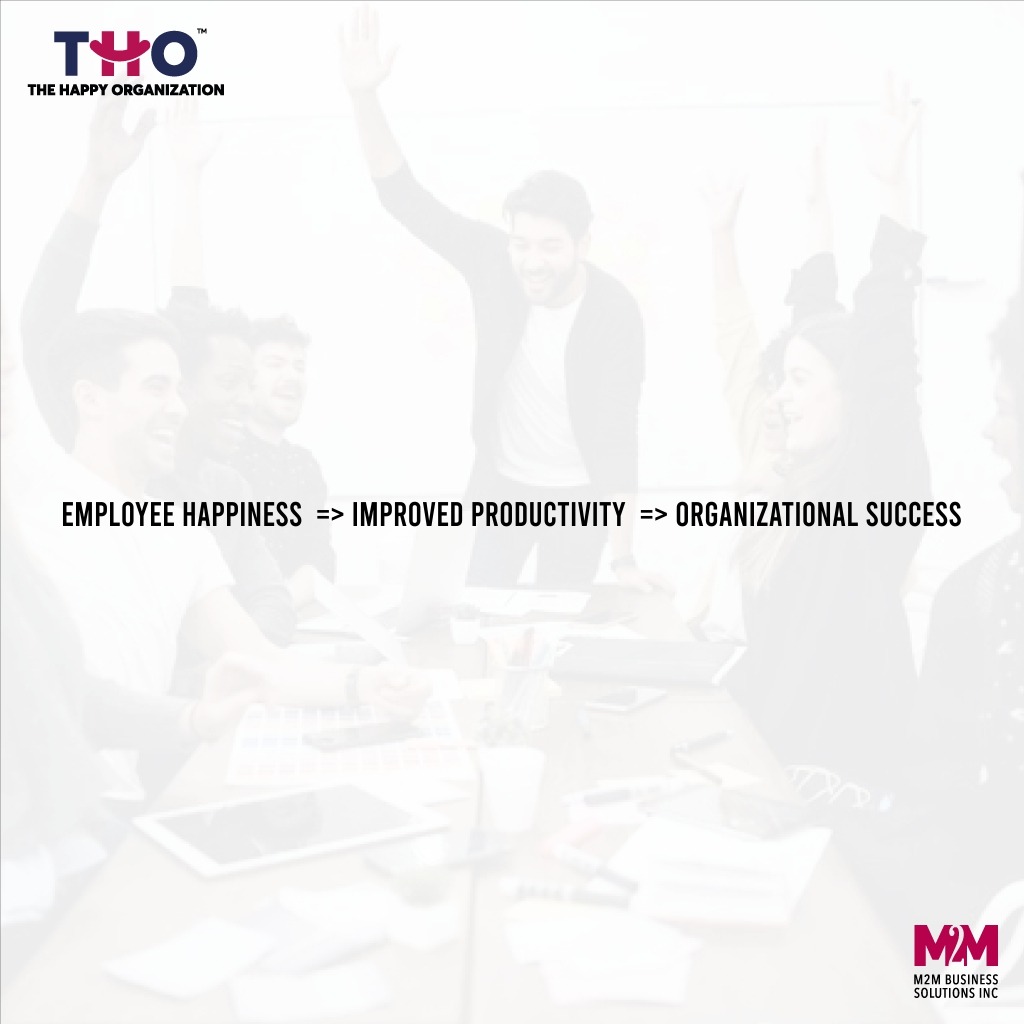According to a study by the University of Warwick, happier employees are about 12% more productive. This increased productivity has a positive impact on the bottom line growth of the company and hence its success.
Indeed employee productivity is one of the most critical aspects of running a successful business.
While leaders and managers have started to understand the importance of productivity, many are not clear on how to improve it. I’ve seen businesses struggling with different apps and workflow software or having hard conversations with unproductive employees in their bid to boost productivity.
Unfortunately, most such initiatives fail to target employee happiness, one of the most critical aspects of productivity.
Don’t get me wrong. I believe tools are important and can help you in increasing employee engagement. I, in fact, wrote a post about that on Forbes. Check it out.
However, employee happiness needs to be the centre of all such initiatives instead of being side-lined by other metrics.

Employee Happiness: The Missing Piece of the Productivity Puzzle
Not just productivity, but a study by Oxford’s Saïd Business School suggests that happier employees also achieve higher sales than unhappy employees. Moreover, they don’t have to work for more hours than the unhappy employees to deliver superior results.
Now that the relationship between employee happiness and productivity is firmly established, it is also essential to understand why and how happiness impacts productivity. Based on my experience of working with businesses across industries over the years, I can highlight a few different reasons-
1. Happy Employees are More Engaged
In my previous LinkedIn article, “Powering Your Business with Employee Engagement,” I attempted to explain engagement and its importance in a workplace. Engagement and happiness go hand in hand. Happier employees are more engaged and bring a certain level of passion, innovation, and energy to their jobs.
Compared to unengaged employees, engaged employees are more passionate about excelling at everything they do. The enthusiasm generally translates into higher ownership of their growth which ultimately helps their employer.
2. Happy Employees are Better at Seizing Opportunities
Agility is one of the most sought-after qualities in employees responsible for helping an organization succeed in this VUCA world. As happier employees feel supported and are more confident, they are more willing to jump on every new opportunity.
They generally have a more optimistic outlook towards their work which enables them to find such opportunities that can be taken advantage of. Combined with a higher level of self-confidence, they are always ready to take chances and push themselves to achieve newer heights.
3. Happy Employees Have Stronger Interpersonal Skills
Interactions with happier employees are more pleasant for the customers, supervisors, and co-workers. Their stronger interpersonal skills make them a team player who positively contributes to every collaboration. They are also more open to feedback as their positive outlook makes them feel confident about using constructive criticism to improve further.
Moreover, according to a study by a pharmaceutical company, customer loyalty increases when employees are happy and engaged. Their cheerful and pleasant personalities help them offer better customer service and turn them into loyal brand advocates.
4. Happy Employees are Healthier
Happier employees feel better mentally and physically. This allows them to deliver their best at everything they do and also take fewer day-offs. According to the Integrated Benefits Institute study, workforce illnesses cost US companies more than $576 billion every year.
With most organizations now working towards making mental health a priority, creating a happier work environment could be an excellent way to keep the employees healthy and reduce illness-related costs.
Happy Employees Drive Organizational Success
Creating a happy workforce requires a lot more than offering paid vacation or corporate discounts. While they are excellent perks to have, the culture that an organization creates has the biggest impact on employee happiness. Employee happiness is no longer a vanity metric that you can ignore. It impacts your bottom line and top-line growth.
As the journey to build a happier workplace varies between organizations, I encourage you to figure out what can make your employees happy and how to implement the changes across the organization.
You can schedule a call with me using the link below.


